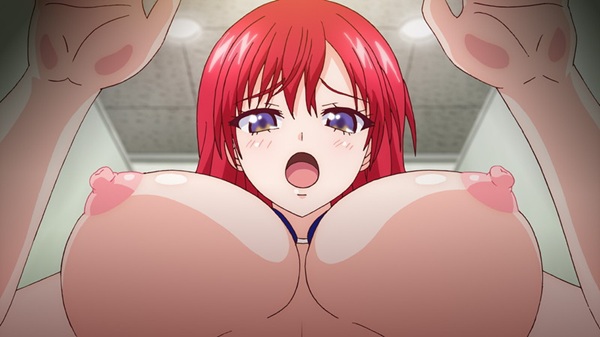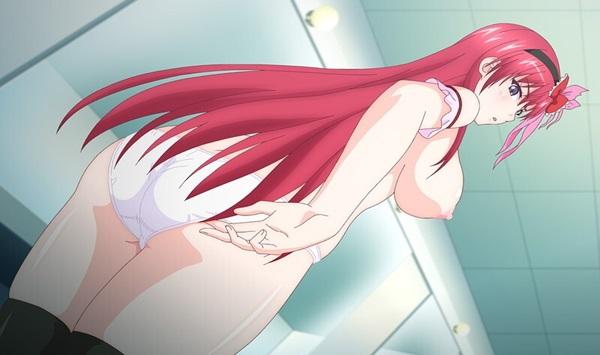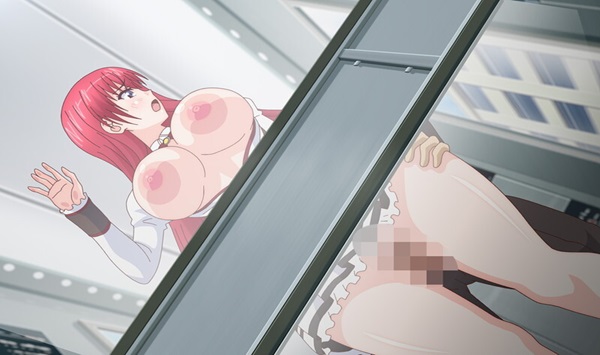To an outsider, Noa’s life might seem like a dream. She’s a dedicated idol, always at Mamoru’s side, tending to his every need with cheerful efficiency. But behind this perfect facade lies a crushing reality. To protect her relationship with Mamoru, she has become completely subservient to their manager, forced into a life of servitude. Her idol activities are less about music and performance, and more about being a plaything for various sponsors, a price she pays in silence to keep her world from crumbling.
The breaking point, as it often does, arrives not with a bang, but with a surge of long-suppressed courage. We see Noa finally gather every ounce of her strength, her voice trembling but clear as she declares, “I’ll quit if I have to! I don’t want to do this anymore!” It’s a desperate, an act of rebellion.
In the wake of her defiance, Noa searches for validation, for a sign that her sacrifice was worth it. What she finds is Mamoru’s gaze, still hopelessly, painfully fixed on another, her rival, Rio. This single, silent revelation shatters her. Her desperate act was for a love that was never truly looking back at her.
The despair is absolute. But from its ashes rises a chilling resolve. The manager’s voice slithers in “Become the top idol. Make them all see you.” And as Noa decides to accept this ambition.


